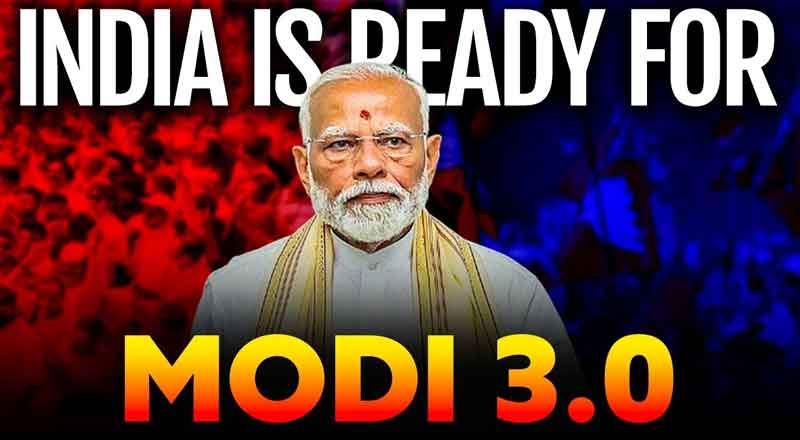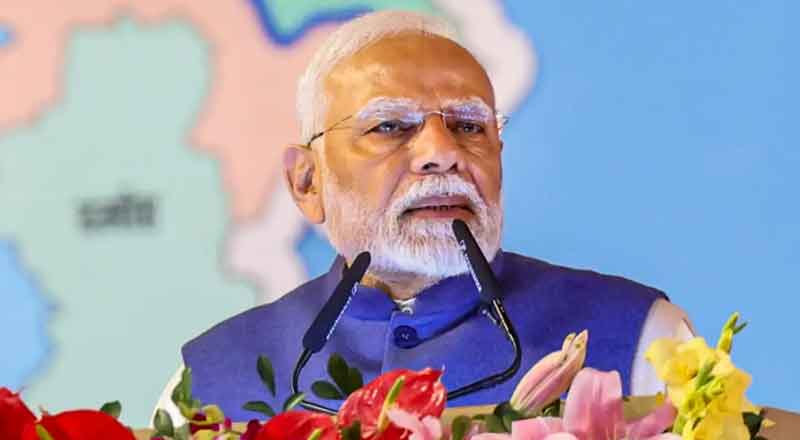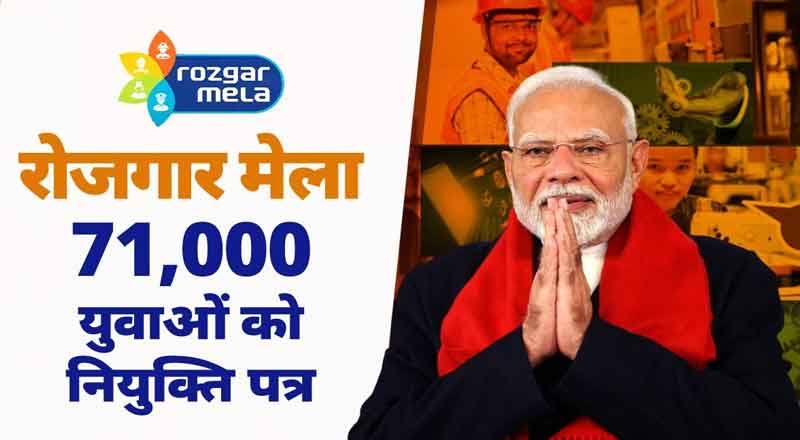Prime Minister Narendra Modi returned to power for a third consecutive term last month. He and his Council of Ministers took oath on June 9, marking the beginning of what is being termed as “Modi 3.0.” As the Modi 3.0 government completes one month, the Congress party on Tuesday (July 9) criticized Prime Minister Narendra Modi by highlighting several pressing issues.
In a post on social media platform X, the Congress party enumerated various incidents and challenges that have occurred since Modi’s swearing-in for his third term. These included a tragic train accident in West Bengal, a series of terror attacks in Jammu and Kashmir, the NEET scam, the cancellation of NEET PG, the UGC NET paper leak, and rising prices of essential items like milk, pulses, gas, and tolls.
Congress Lists 10 Issues
The Congress party’s list of concerns included:
- A horrific train accident in West Bengal.
- Terrorist attacks in Jammu and Kashmir, resulting in 8 soldiers martyred and over 10 civilians killed.
- NEET paper leak.
- Cancellation of NEET-PG.
- UGC-NET paper leak.
- Cancellation of Joint CSIR-UGC-NET.
- Rising prices of milk, pulses, vegetables, gas, and tolls.
- Record fall in the rupee’s value.
- Unemployment reaching an eight-month high.
- Wholesale inflation rate hitting a 15-month record.
Narendra Modi Becomes PM for Third Consecutive Time
Narendra Modi took oath as India’s Prime Minister at the Rashtrapati Bhavan in the national capital on June 9 for a third straight term, matching the record set by India’s first prime minister, Pandit Jawaharlal Nehru, who won the general elections in 1952, 1957, and 1962. PM Modi is the second person in India’s history to serve as Prime Minister for three successive terms.
In the 18th Lok Sabha, the National Democratic Alliance (NDA) holds a majority with 293 seats, while the Bharatiya Janata Party (BJP) has 240 seats, just shy of the 272 majority mark on its own. The Opposition INDIA bloc has 234 seats, with the Congress holding 99 of them.
As the Modi government navigates through these challenges, the administration’s response to these issues and their impact on the country’s socio-economic landscape will be closely watched by both supporters and critics.





